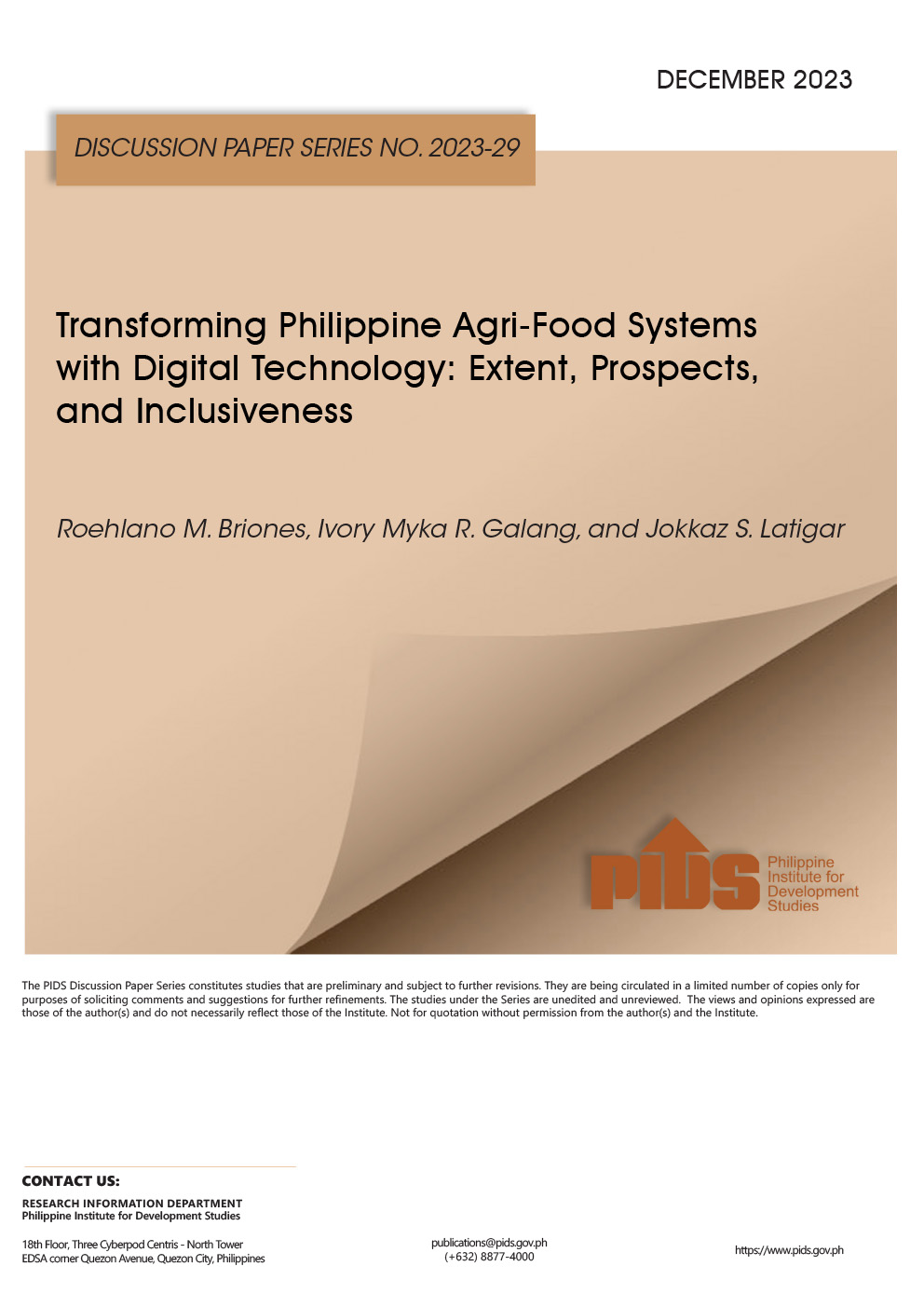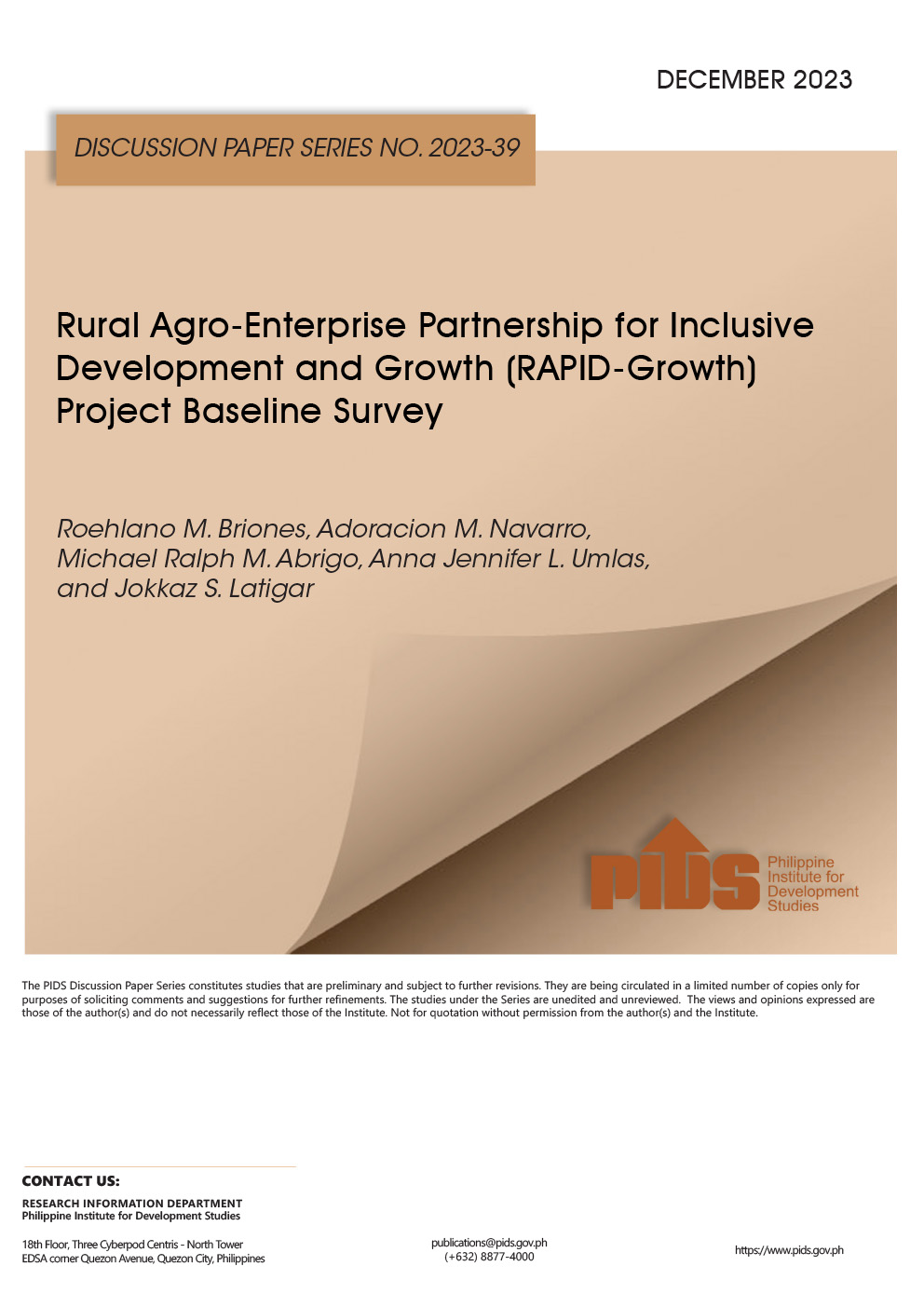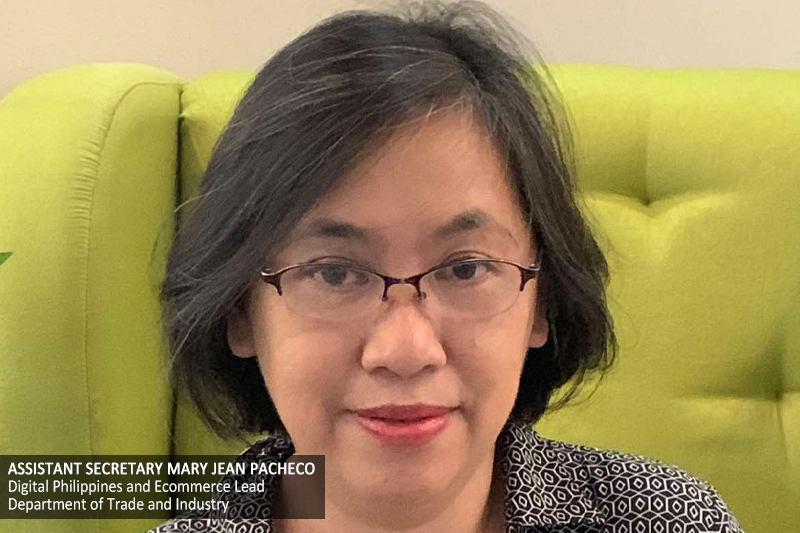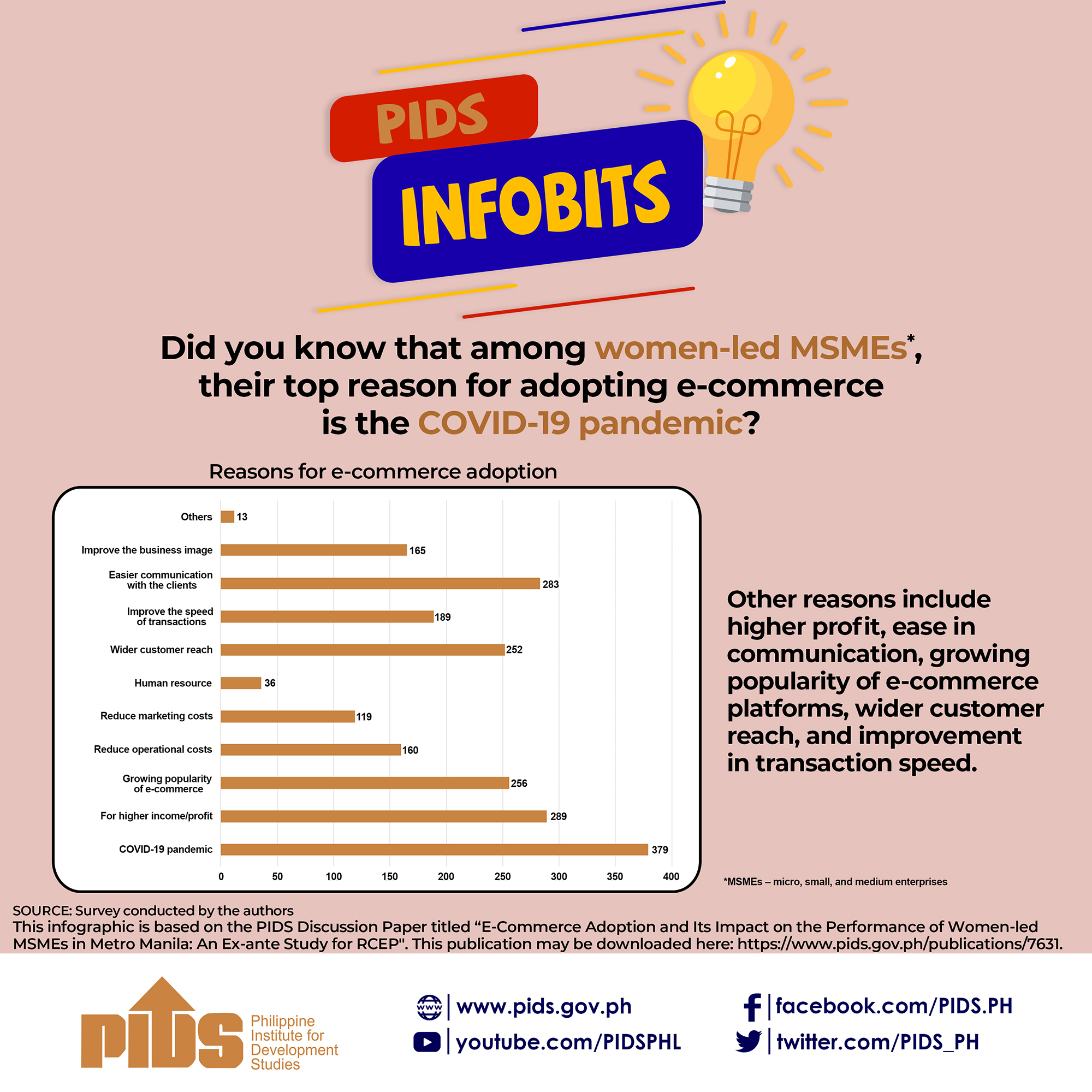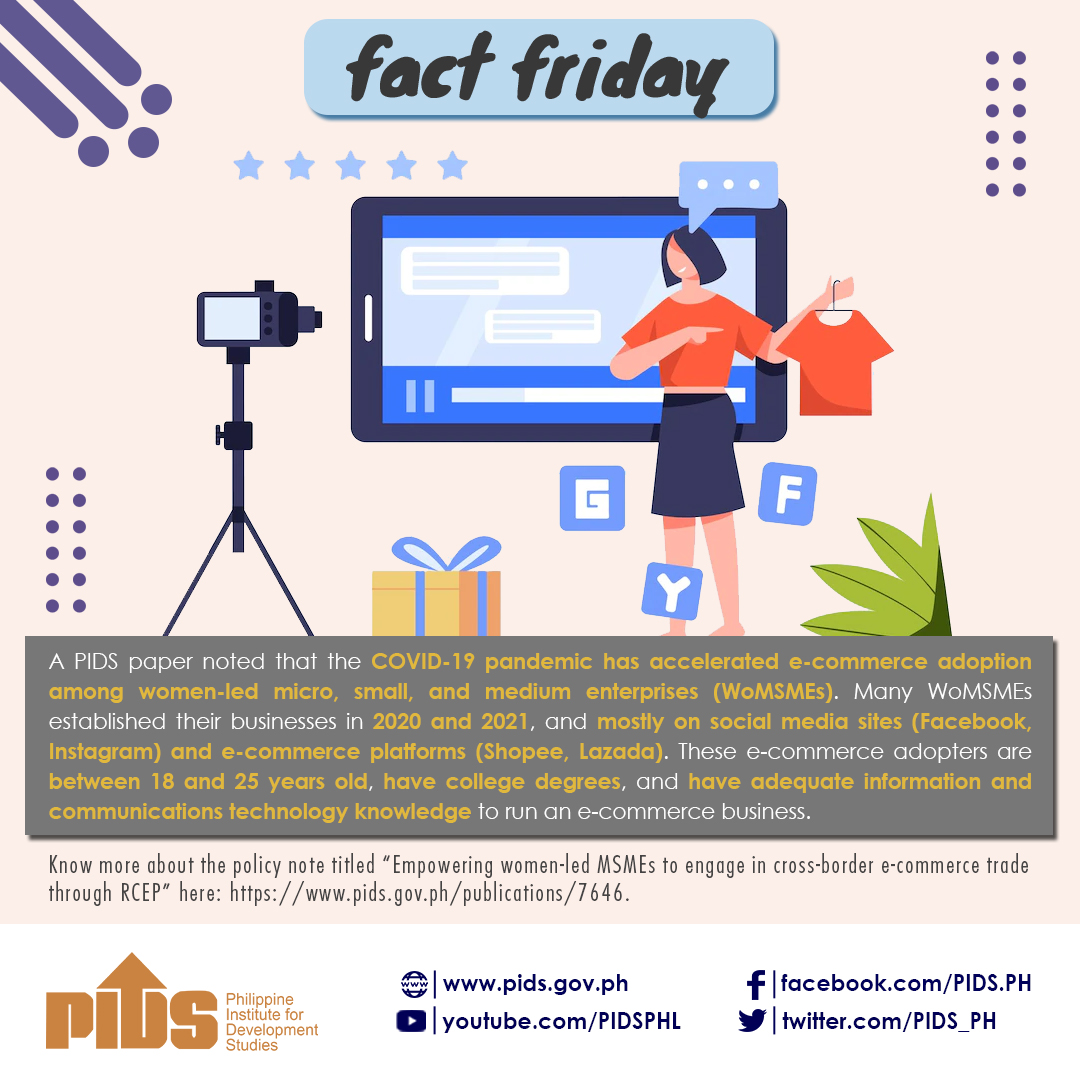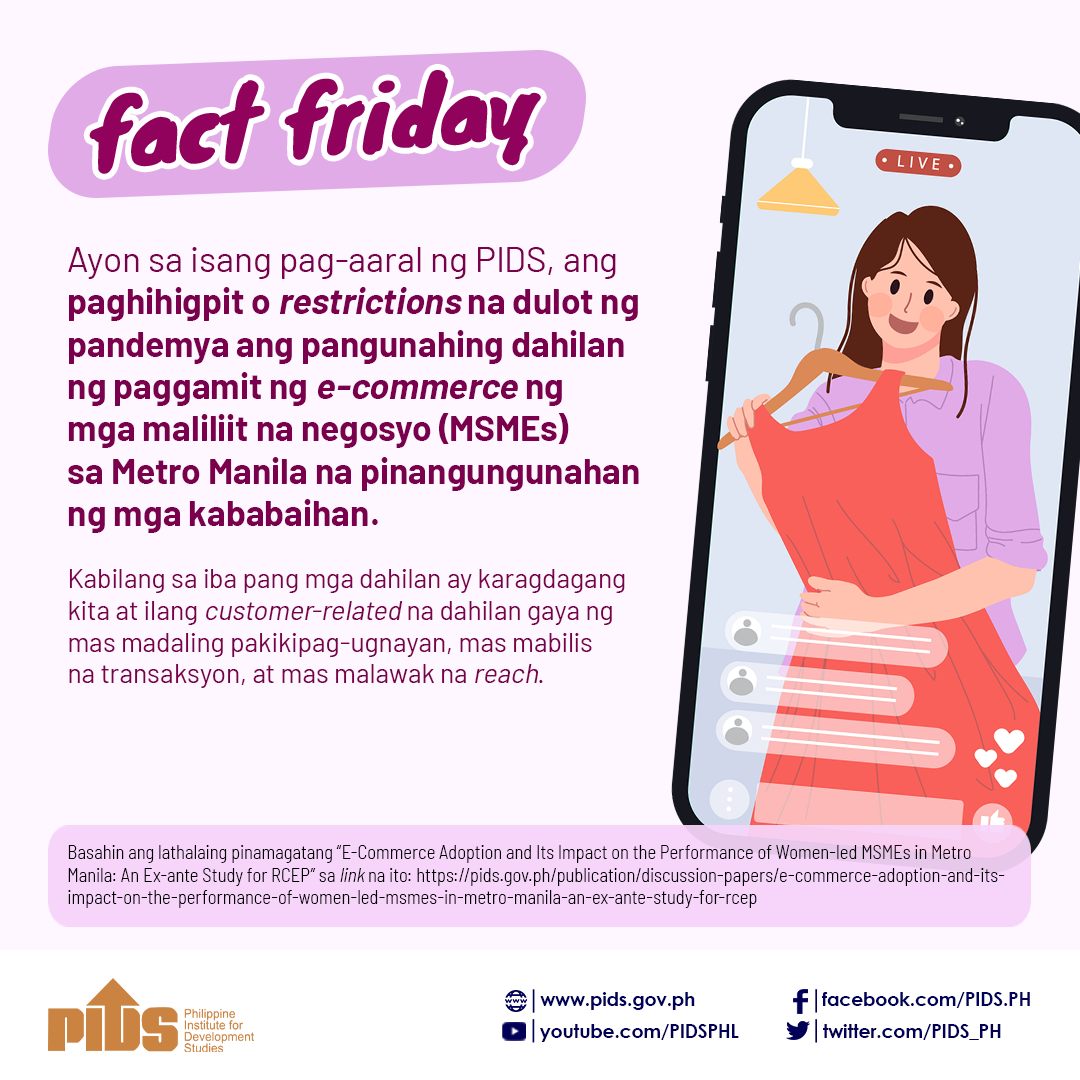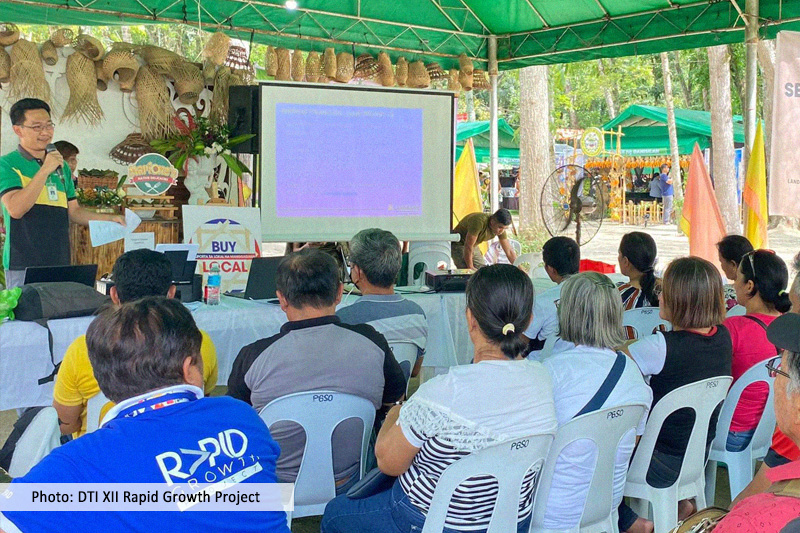
Despite challenges, a study by state think tank Philippine Institute for Development Studies (PIDS) shows that the Department of Trade and Industry’s (DTI) Rural Agro-enterprise Partnership for Inclusive Development (RAPID) Growth Project is poised to make significant strides in implementing a matching grant scheme, facilitating private sector participation, and capacitating and empowering farmer organizations (FOs) toward rural development.
However, the study also highlighted areas for improvement. In a recent public webinar, PIDS Senior Research Fellow Roehlano Briones, lead author of the study titled “Rural Agro-enterprise Partnership for Inclusive Development (RAPID) Growth Project Baseline Survey”, suggests that expediting project completion, reconsidering specific components, and providing enhanced technical assistance to farmer organizations could optimize the project’s impact.
Launched in 2019, the RAPID Growth project is a multimillion-dollar initiative funded in part by the International Fund for Agricultural Development. It aims to combat poverty in targeted regions of the Philippines by supporting and strengthening rural enterprises for key agricultural commodities such as coffee, cacao, processed fruits and nuts, and coconut. The project aims to create a sustainable foundation for growth by combining direct assistance to enterprises, improving the business environment, and building capacity in the rural sector.
To measure the project’s impact, PIDS, in partnership with DTI, conducted a baseline survey from 2020 to 2021. The survey involved over 1,600 households, with half being project beneficiaries and the other half serving as a comparison group. The data collected provided valuable information on the project’s target population, including socioeconomic characteristics, employment status, household income, enterprise sales, and access to farm-to-market roads.
During the webinar, Briones highlighted the project’s unique matching grant approach. He explained that unlike some projects with lenient requirements, the RAPID Growth Project requires cooperatives and FOs to make a significant deposit as part of their contribution. “This component requires a significant cash counterpart from enterprises, but the DTI helps cooperatives by facilitating loans from rural banks or Landbank,” he added.
The project delegates procurement and construction responsibilities to FOs, empowering them and enhancing their ability to manage economic activities. This approach helps ensure that the specific needs of enterprises are met. It also involves building infrastructure like farm-to-market roads, improving the business climate, and enhancing value chains through technology upgrades. Briones emphasized that the project provides capacity building through tailored training programs, complementing its focus on empowerment. He also highlighted the project’s innovative use of private sector involvement, leveraging established companies and business development service providers for support.
While Briones highlighted the project’s initial successes, he also identified areas for improvement. One implementation bottleneck is the slow completion of detailed investment plans (DIPs). The DIPs outline the planned investments that connect FOs to small businesses and enterprises and facilitate access to markets and services. He recommended that the DTI prioritize the finalization of these plans to avoid further delays and ensure the project stays on track.
Briones added that the project also faced challenges in delivering business development services. Some larger cooperatives opted out of the matching grant program, choosing to leverage their own funds instead. He suggested that the program should be flexible enough to accommodate the varying needs and preferences of different cooperatives.
“Providing robust technical assistance to FOs is essential for the success of the matching grant scheme. Through tailored support, we can empower FOs to make informed decisions and overcome procurement challenges,” Briones emphasized.
In addition, University of the Philippines Mindanao Professor Larry Digal, who provided commentary on the study, acknowledged the benefits of the RAPID Growth Project. He highlighted the project’s emphasis on consolidating and clustering farmers, citing it as a key strategy that enhances market access and efficiency in agricultural development.
However, Digal pointed out that some FOs encounter difficulties as sales proceeds were oftentimes deducted to repay outstanding loans. This deduction affected their ability to meet volume requirements for market access. He recommended investigating the effects of various factors, such as loan repayment, on the effectiveness of collective marketing strategies.
Both experts agreed that despite implementation challenges, the project’s trajectory appears promising. They emphasized the importance of continued evaluation and monitoring to optimize outcomes and address any remaining hurdles moving forward.
Watch the recording of the webinar here: https://bit.ly/pidslive042224. ###

